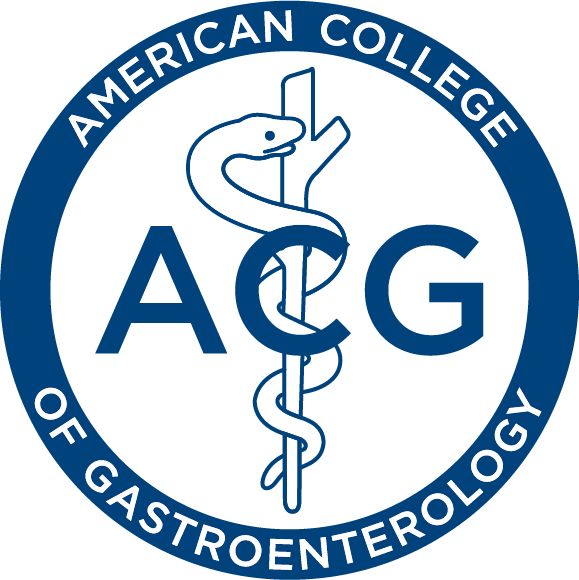San Diego, CA (October 14, 2013) – Two separate studies presented at the American College of Gastroenterology’s 78th Annual Scientific Meeting in San Diego analyze inflammatory bowel disease (IBD) health outcomes in the United States and Canada. IBD, which includes both Crohn’s disease and ulcerative colitis, is a chronic inflammatory condition of the intestinal tract and is estimated to affect over 1.4 million people in the U.S.
The first study is a survey on national health care access for patients with IBD, performed by the Crohn’s and Colitis Foundation of America (CCFA). Lead author David T. Rubin, M.D., FACG, Professor of Medicine at the University of Chicago Medicine, said “This national survey identified a significant number of IBD patients with inadequate access to, or difficulties with, their healthcare. Twenty-five percent of the nearly 4,000 patients surveyed indicated they had delayed getting medical care in the past year, and of that percent, more than half stated this was due to cost of care. These numbers, while discouraging, are an important first step to better understand why patients with IBD may not be getting the best treatments possible.”
The survey, developed using the Centers for Disease Control National Health Interview Survey, is the first to evaluate IBD patients’ access to health care. The CCFA delivered the 76 question survey to thousands in their national patient dataset and posted it on their website and social media channels. Of the 3,802 IBD patients who responded, 63 percent were working, 17 percent were not working and not seeking employment, and 10 percent were unemployed and seeking employment. Most patients said it was very difficult to find adequate healthcare coverage and continue to afford it. A majority of patients also said they had skipped doses of medication, delayed filling a prescription, making an appointment with their physician, or scheduling a test due to costs.
Further analysis of the data is ongoing and the CCFA, along with other organizations, will continue to advocate for patients with IBD who need better coverage and support.
A second study presented at the Annual Meeting used population-based datasets from the University of
Manitoba IBD Epidemiology Database and found that children with IBD achieved similar levels of academic achievement in grade 12 as those without IBD. Lower socio-economic status and mental health problems around the time of IBD diagnosis were associated with worse educational outcomes.
Investigators, including lead author Harminder Singh, M.D., MPH, Assistant Professor of Medicine at the University of Manitoba in Canada, compared the grade 12 educational outcomes, scores on the provincial grade 12 language arts and mathematics standard test, and enrollment in grade 12 by students aged 17, among 337 children with IBD and 3,093 matched controls without IBD.
“This study suggests that, along with higher attention to children with lower socio-economic status, it is important to assess mental health conditions, including depression, panic disorder and substance abuse, around the time of the IBD diagnosis, as that may have a long-term effect on the child,” said Dr. Singh.
There was no significant difference in academic results based on age of diagnosis, type of IBD, use of corticosteroids or immunomodulator agents, hospitalizations, or surgery for IBD. IBD affects over 230,000 people in Canada.
About the American College of GastroenterologyFounded in 1932, the American College of Gastroenterology (ACG) is an organization with an international membership of more than 12,000 individuals from 80 countries. The College's vision is to be the pre-eminent professional organization that champions the evolving needs of clinicians in the delivery of high quality, evidence-based, and compassionate health care to gastroenterology patients. The mission of the College is to advance world-class care for patients with gastrointestinal disorders through excellence, innovation and advocacy in the areas of scientific investigation, education, prevention and treatment. www.gi.org. View releases on research breaking at the ACG meeting and follow ACG on Twitter and share your live updates #acg2013.
Meeting Link: American College of Gastroenterology's (ACG) 78th Annual Scientific Meeting
MEDIA CONTACT
Register for reporter access to contact detailsCITATIONS
American College of Gastroenterology's (ACG) 78th Annual Scientific Meeting
